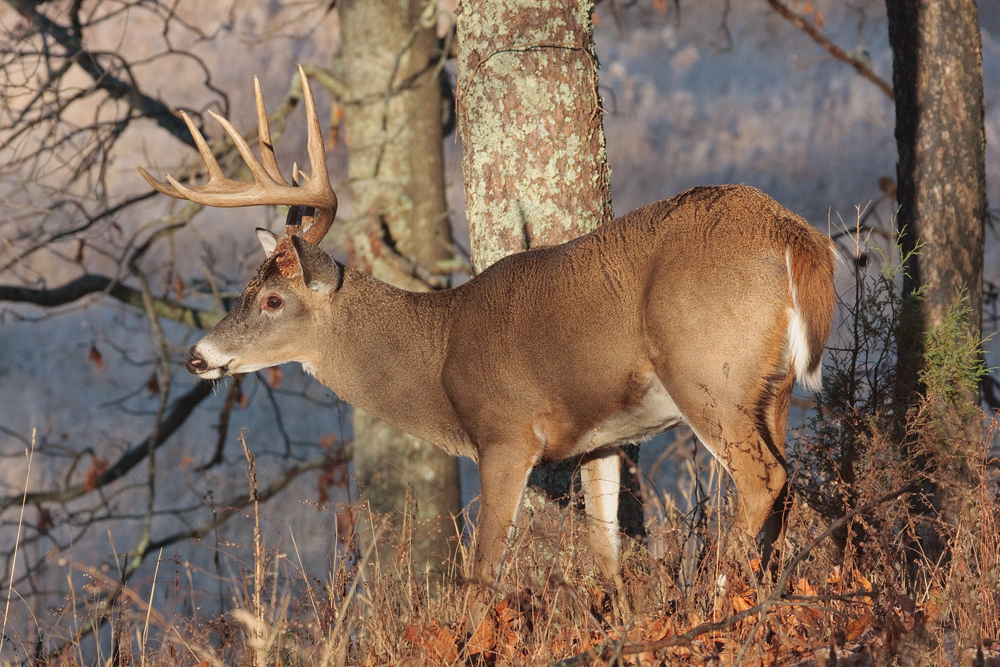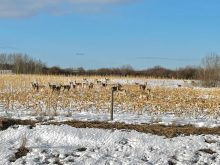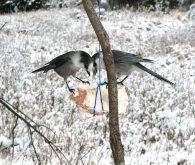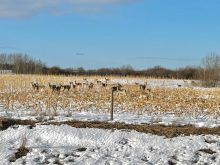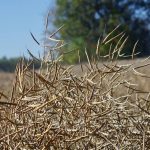Despite changes to streamline the process, hunters can once again expect lengthy wait times for chronic wasting disease test results.
“The program is currently experiencing a two-to-four-week wait time, but the department anticipates that will increase given the expected influx of samples being received,” said a provincial spokesperson in an emailed statement.
CWD is an incurable, fatal disease that affects cervids, including mule deer, white-tailed deer, elk, moose and caribou. The disease is related to BSE, though it does not appear to naturally infect cattle. While it’s not known as a human health risk, consuming meat from an infected animal isn’t recommended.
Read Also
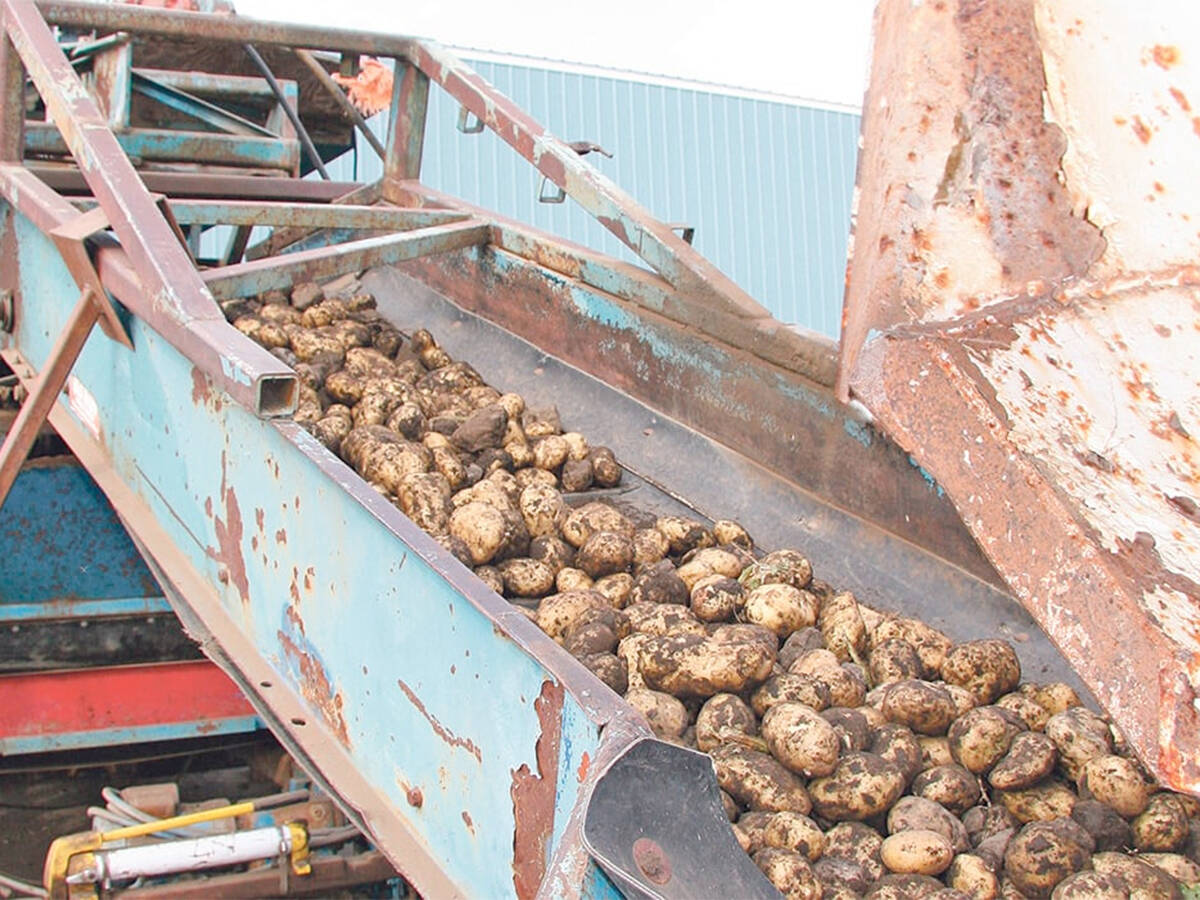
Potato growers beware new PVY strains
Newer strains of potato virus Y (PVY) are creating headaches for potato farms in Eastern Canada, and Manitoba farmers should pay attention
Last year, the Manitoba government expanded surveillance for CWD following the discovery of the first positive cases in late 2021. During the 2022–23 hunting season, biological sample submissions surged 500 per cent to 6,000, up from the pre-CWD average of 1,000. That stretched resources to the limit and caused long sample processing times.
According to the province’s CWD testing page, hunters could expect to wait 16 to 20 weeks at the height of last season’s backlog.
In July, the province announced it had allocated $880,000 in funding and made several regulatory changes to the Wildlife Health Program to address the backlog.
Those changes included increased staffing, with one new full-time wildlife health biologist position and five seasonal lab technician positions.
The changes also gave hunters the option to extract and submit tissue samples for testing, rather than the whole head and upper neck of the animal. To accommodate the extra time that would take, the mandatory submission period for hunters was extended from two days to seven.
The Wildlife Health Program also expanded its partnerships to labs outside Canada. According to the provincial government website for CWD, the accredited facilities within Canada are limited and were overwhelmed during the 2022–23 hunting season, which resulted in slower turnaround for test results.
Another measure to ease pressure was removal of the requirements for bovine TB testing, because Manitoba has been considered free of bovine tuberculosis since 2016. However, recent detection of TB along the Saskatchewan border has the government second-guessing that decision.
A provincial spokesperson said officials would monitor the situation and may adjust this regulatory change if the risk to wildlife increases.
The province also hoped to streamline the sample collection process by enlisting help from local wildlife associations but the plan was delayed due to the provincial election. According to a provincial spokesperson, business cases were resubmitted when the new government was formed and are still being finalized.
That could explain some of the sample testing delays, although the provincial spokesperson didn’t confirm that.
“Staff have been very busy collecting and processing samples to avoid a backlog. Results are returned to hunters as quickly as possible,” they said.
According to the provincial CWD website, 17 new positive cases were identified during the 2022–23 hunting season: 14 male mule deer, one female mule deer and two male white-tailed deer. That brings the total to 22 detected cases (five male mule deer tested positive in 2021-22). This number is as of July 2023 and doesn’t include samples sent for testing this season.


